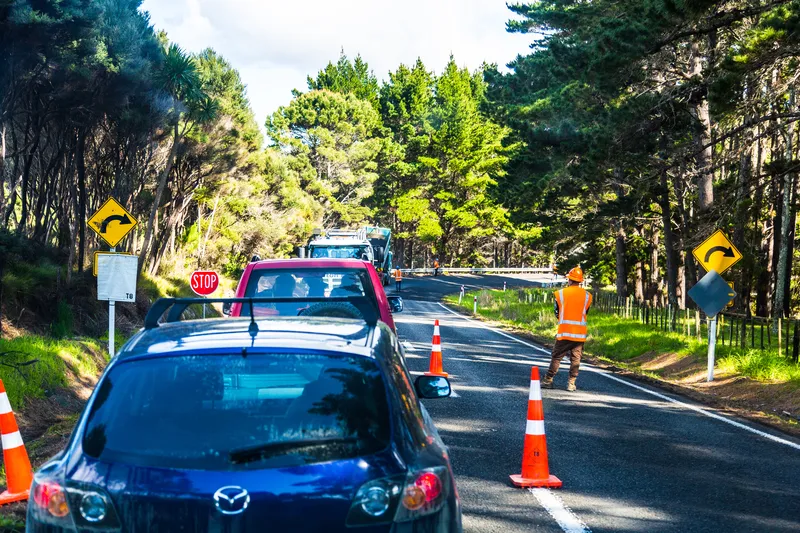The China-Sweden Research Centre for Traffic Safety has been officially inaugurated in Beijing, attended by representatives of Volvo Cars and other research partners in the project, including Chalmers University of Technology in Gothenburg, Volvo Group, the Chinese Ministry of Transport's Research Institute of Highway and Tongji University in Shanghai. The governments of Sweden and China will contribute to fund the research centre.
December 24, 2012
Read time: 2 mins
The China-Sweden Research Centre for Traffic Safety has been officially inaugurated in Beijing, attended by representatives of 609 Volvo Cars and other research partners in the project, including Chalmers University of Technology in Gothenburg, Volvo Group, the Chinese Ministry of Transport's Research Institute of Highway and Tongji University in Shanghai. The governments of Sweden and China will contribute to fund the research centre.
As China, the world's largest car market, is rapidly transforming into a car society, traffic safety has emerged as an area of attention for both the Chinese government and the public. During the visit of then Chinese prime minister Wen Jiabao to Sweden in April 2012, the Swedish and Chinese governments signed a letter of intent proposing research cooperation. This was followed by a memorandum of understanding in May 2012.
The research centre, with its main base in Beijing, focuses on a number of areas, such as improving traffic safety in Sweden and China and promoting the exchange of technology and knowledge between both countries. The centre will furthermore focus on supporting government decision-making in matters of traffic safety and establishing a platform for research into traffic safety. Hans Nyth, currently director of the Volvo Cars safety centre, will assume a position as director of the research centre starting early in 2013.
Peter Mertens, senior vice president research and development at Volvo Car Group, commented: "Volvo Cars is very proud to be a partner in this project. We have a history of commitment to continuous traffic and vehicle safety improvement and we are a global market leader in this area. We invest considerable resources into constantly improving safety in our cars and have launched many industry innovations, the most recent example being the pedestrian airbag technology in the all-new Volvo V40. I am therefore very pleased that we can once again showcase our global leadership in traffic safety through our involvement in this project."
As China, the world's largest car market, is rapidly transforming into a car society, traffic safety has emerged as an area of attention for both the Chinese government and the public. During the visit of then Chinese prime minister Wen Jiabao to Sweden in April 2012, the Swedish and Chinese governments signed a letter of intent proposing research cooperation. This was followed by a memorandum of understanding in May 2012.
The research centre, with its main base in Beijing, focuses on a number of areas, such as improving traffic safety in Sweden and China and promoting the exchange of technology and knowledge between both countries. The centre will furthermore focus on supporting government decision-making in matters of traffic safety and establishing a platform for research into traffic safety. Hans Nyth, currently director of the Volvo Cars safety centre, will assume a position as director of the research centre starting early in 2013.
Peter Mertens, senior vice president research and development at Volvo Car Group, commented: "Volvo Cars is very proud to be a partner in this project. We have a history of commitment to continuous traffic and vehicle safety improvement and we are a global market leader in this area. We invest considerable resources into constantly improving safety in our cars and have launched many industry innovations, the most recent example being the pedestrian airbag technology in the all-new Volvo V40. I am therefore very pleased that we can once again showcase our global leadership in traffic safety through our involvement in this project."









